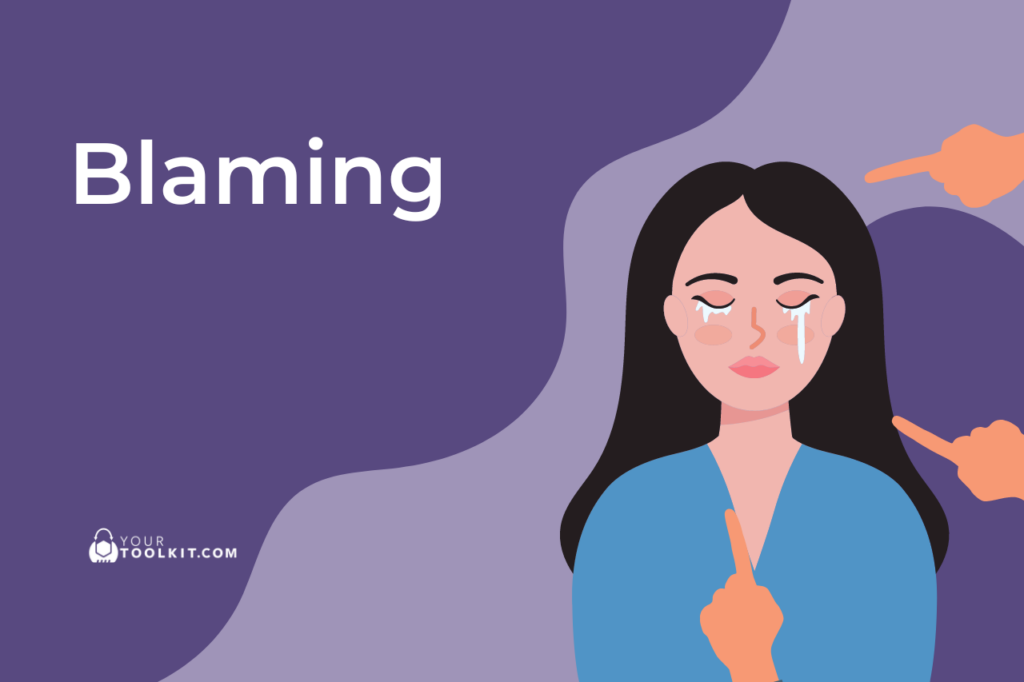What is Blaming as Abuse?
Blaming is a tactic used in coercive control to excuse abuse and make a victim survivor feel like they ‘deserved’ the abuse. An abusive partner might justify the abuse by blaming it on other people, drugs, alcohol or on other situational factors. This ultimately allows the abuser to not take responsibility for their own actions.

Only unmute videos when it’s safe. Turning on sound affects all videos.
A perpetrator may even blame the victim survivor and accuse them of the abuse to alleviate their guilt, e.g. “I only forced you into having sex with me because you don’t give me the emotional support I need”.
Bailey and her husband Suresh have been married for twenty years and live in a large city. Their youngest child has just moved out at the age of 18, much like their older children did. Although the children live close by, they avoid coming to visit. Bailey knows it is because Suresh has anger issues and takes it out on the family. She has struggled for many years to shield her children from their father’s verbal and physical abuse. Suresh tells Bailey that the children don’t visit because she is a bad mother. On more than one occasion, Bailey has been told she is crazy and needs help from doctors. Bailey misses her children and wonders if what her husband says is true.
Only unmute videos when it’s safe. Turning on sound affects all videos.
Examples of Blaming as Abuse
- Putting up with the abuse because you have been told you should be ‘grateful’ for having a husband/ home/ children/ good life
- Being told it is your fault the abuse is happening and that you deserve it
- Being made to feel worthless and like no one else will love you and this is as good as it gets
- Being told that the abuse is for your own good and to teach you an important lesson
- Being told that that you can’t cope on your own so you have to stay
- Being told that if you were more loveable, obedient, interesting or perfect the abuse would not be happening




